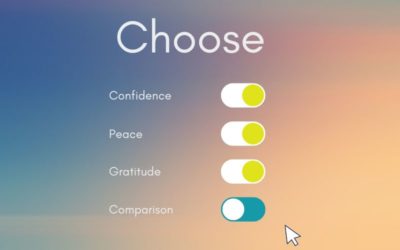given The Next Generation NCLEX
According to Kaplan, “In late-August 2019, the National Council of State Boards of Nursing (NCSBN) announced that the NCLEX will be undergoing changes and updates. The Next Generation NCLEX—as it’s being called—will be released no earlier than 2023.”
While all of the exact details of the change aren’t yet available, the NCSBN has clarified that the newest NCLEX test will focus on testing clinical judgment skills. Eight steps have been identified explicitly by researchers for NCLEX as being essential to the overhaul of the new test; These steps include the following:
1. A 5-layered process to test clinical judgment and decision making.
2. Real-life clinical situations being used in test questions.
3. Implementation of penalties for answers that display a lack of clinical judgment.
4. A voluntary “Special Research Section” that doesn’t impact the final test score, but helps test makers.
5. Essential scrutinization of test questions and accuracy by NCSBN experts.
6. Analyzation of testing measurements to ensure accuracy.
7. Exploration of build technology needed to best create and support the next test format and questions.
8. The eventual launch of next generation NCLEX by 2023 following testing.
New Question Types for Next Generation NCLEX
The Next Generation NCLEX isn’t complete for rollout yet, but while the NCSBN is still working through the steps above, they have announced new question types that have been finalized. There will be four new question types that include extended drag and drop, cloze, matrix, and enhanced hot spot.
Extended drag and drop questions will ask candidates to make matches from two columns. As an example, you may have patient scenarios in one column and have to pair them to triage levels or room assignments in another column.
Cloze, commonly revered to as drop drown questions, will ask for up to six responses to a given case study. For instance, you could be given a case study regarding a patient and then asked to answer the proper order in which to care for the patient.
Matrix questions will require test takers to check the proper boxes in a given matrix after making clinical judgements regarding a given scenario and data.
Enhanced Hot Spot items will present a scenario and data similarly to Matrix questions, though to answer enhanced hot spot questions, test takers will highlight sections of the scenario as their answer.
These new question types, while not all specifically related to clinical judgement, are designed to simulate the daily responsibilities of a nurse in question format. However, scoring changes should be expected with the new question formats as well since the current scoring structure doesn’t account for them. No information on new scoring elements have been released yet, but it is something to watch for now that they have announced these question items.
For now, the test will remain relatively the same, barring minor changes to maintain relevance. Nursing students and teachers will not need to prepare for the next generation of NCLEX unless testing after March in 2023. More information on expectations should be provided by professors, test-givers, and the NCSBN closer to the exam’s release date.
Until then, continue using current NCLEX study tips to prepare yourself for the structure and content of the exam.
References
● NCSBN, Test Plans
https://www.ncsbn.org/testplans.htm
● Atitesting.Com, What You Need to Know About the Next Generation NCLEX
https://www.atitesting.com/docs/default-source/next-gen-nclex/nexgennclex_v2.pdf?sfvrsn=cf9207e9_0
● APass, NCLEX 2019-2021 Test Plan: What’s Changing?
https://apasseducation.com/education-blog/nclex-2019-2021-test-plan-whats-changing/
● Kaplan, NCLEX Test Updates and Changes
https://www.kaptest.com/study/nclex/next-generation-2023/







0 Comments